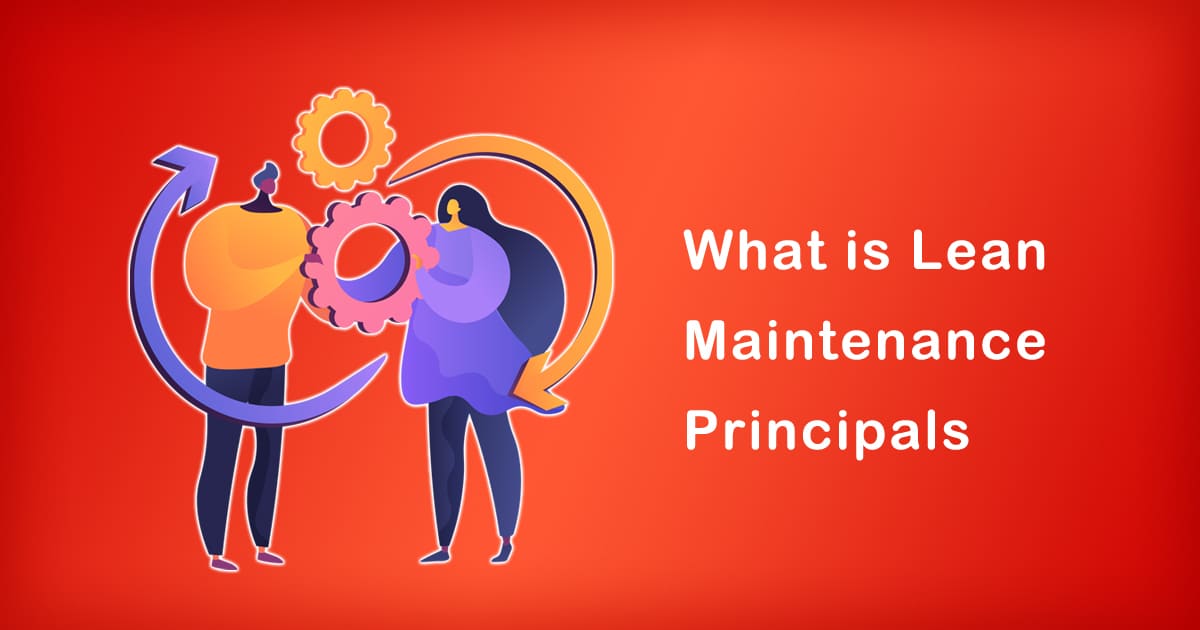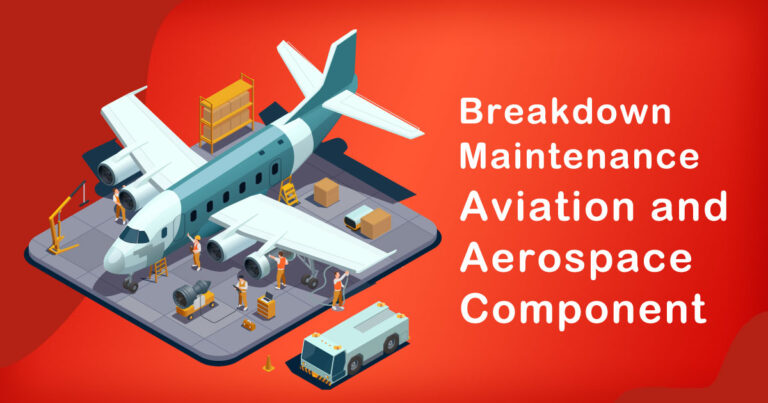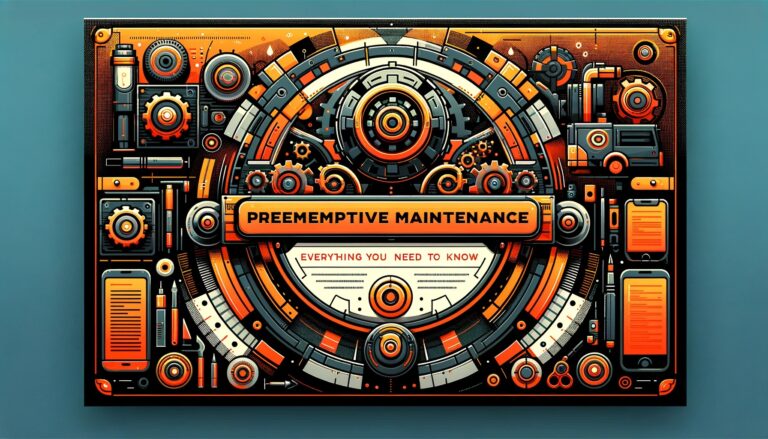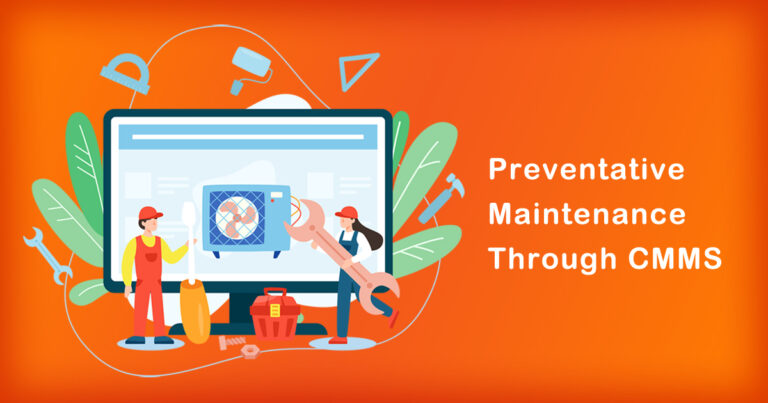Introduction
In today’s fast-paced industrial world, where every minute counts, maintenance has become an essential aspect of any manufacturing or industrial facility. Lean Maintenance is a methodology that focuses on minimizing waste and increasing efficiency in maintenance processes. It is an approach that aims to streamline maintenance operations and improve overall equipment effectiveness (OEE). This blog will discuss the principles of Lean Maintenance and their relevance in the Indian context.
Understanding Lean Maintenance Principles
Lean Maintenance Principles are based on the Lean Manufacturing principles that were developed by Toyota. The principles include:
1. Eliminating Waste
One of the primary principles of Lean Maintenance is to eliminate waste. Waste can take many forms in maintenance operations, such as overproduction, over-processing, waiting time, excess inventory, and unnecessary motion. By eliminating these wastes, the maintenance process becomes leaner and more efficient.
2. Continuous Improvement
Continuous improvement is another fundamental principle of Lean Maintenance. It involves continually looking for ways to improve the maintenance process, making it more efficient and effective. This process of continuous improvement is called kaizen in Japanese and is an integral part of Lean Maintenance.
3. Visual Management
Visual management is a principle that involves using visual cues to manage and communicate information about maintenance processes. It includes visual aids such as graphs, charts, and diagrams that help to track progress, identify problems, and communicate important information.
4. Standardization
Continuous improvement is another fundamental principle of Lean Maintenance. It involves continually looking for ways to improve the maintenance process, making it more efficient and effective. This process of continuous improvement is called kaizen in Japanese and is an integral part of Lean Maintenance.
5. Empowerment
Empowerment is a principle that involves giving maintenance teams the authority and responsibility to make decisions about their work. This approach encourages ownership, accountability, and engagement among maintenance teams, leading to better results.
Relevance of Lean Maintenance Principles in India
India is a rapidly growing industrial economy, and the principles of Lean Maintenance have become increasingly relevant in the Indian context. The Indian manufacturing sector has undergone significant growth in recent years, and with this growth has come a need for more efficient and effective maintenance practices.
Implementing Lean Maintenance principles in India can help to reduce maintenance costs, increase equipment reliability, and improve overall productivity. It can also help to ensure that maintenance activities are aligned with business objectives and that maintenance teams are focused on delivering value to the organization.
A recent survey conducted by Frost & Sullivan found that Indian companies that adopted Lean Maintenance practices reported a significant reduction in maintenance costs, increased equipment availability, and improved employee engagement.
Conclusion
Lean Maintenance is a powerful methodology that can help organizations achieve greater efficiency and effectiveness in their maintenance operations. The principles of Lean Maintenance, including eliminating waste, continuous improvement, visual management, standardization, and empowerment, are applicable in the Indian context.
Implementing Lean Maintenance principles in India can help organizations to reduce costs, increase productivity, and improve overall equipment effectiveness. With the rapid growth of the Indian manufacturing sector, it is essential that organizations adopt these principles to stay competitive and meet the demands of their customers.








